Salesforce Experience Cloud Implementation Guide
What is Salesforce Experience Cloud?
Salesforce Experience Cloud, previously known as Community Cloud, is a tool for organizations to create branded online communities for their customers, partners, employees, and other stakeholders. The Experience Cloud includes all features that were part of the Community Cloud but provides additional capabilities for mobile app development, analytics, and reporting.
Organizations can build digital experience apps, websites, portals, mobile apps, and other online spaces, such as the following:
Key Features of Experience Cloud
You can think of these Salesforce Experience Cloud examples as a business’s own private online space, kind of like a members-only club on the internet, to help them create engaging and personalized digital experiences while at the same time enhancing communication and collaboration. You can build different sites with different purposes that are directly integrated with your Salesforce CRM. Your employee portals can be inward-facing, your support portals can be client-focused, and your marketing portals can be accessed by anyone online.
A Salesforce Experience Cloud offers a Quick Start Implementation that helps you get your organization up and running with Salesforce Experience Cloud quickly.
How do I do Salesforce Experience Cloud implementation?
Plan what you want.
It is tempting to just jump right in and start building your portal, but we suggest that you take time to plan your implementation carefully. This includes defining your goals: What do you want to achieve with the site? Identify your target audience and what their needs might be. This will help you to determine the type of content and functionalities. Decide what the portal must look like, which pages should be included, and what content you may need. Also, consider developing a security plan to ensure that your data and information are protected.
Consider which pricing edition suits you the best.
Salesforce offers four editions:
1. Self-Service
The Self-Service edition has two options:
2. Partner Relationship Management
The Partner Relationship Management edition requires an annual contract and costs $10/login or $25/member/month* (billed annually) and includes the following:
3. External Apps
The External Apps edition requires an annual contract and costs $15/login or $35/member/month* (billed annually) and includes the following:
4. Salesforce Content Management System
The Salesforce CMS option is included in Experience Cloud purchases and has the following features.
Also, take into consideration that there are additional costs for individual licenses for users. The cost of Salesforce Experience Cloud licenses depends on the number of users, the features and functionality you need, as well as the duration of the subscription.
Enable Experience Cloud in your Salesforce.
Take time to understand the unique Experience Cloud offerings before you start. The interfaces are pretty intuitive, but you can avoid unnecessary time delays if you are familiar with the features and functionality.
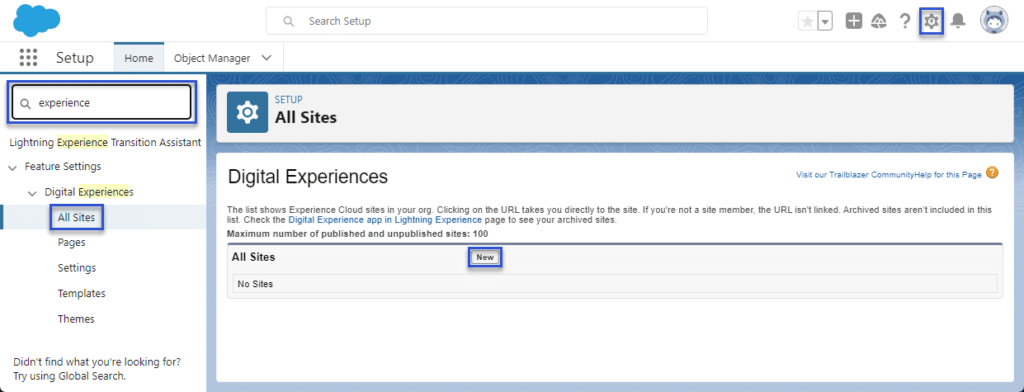
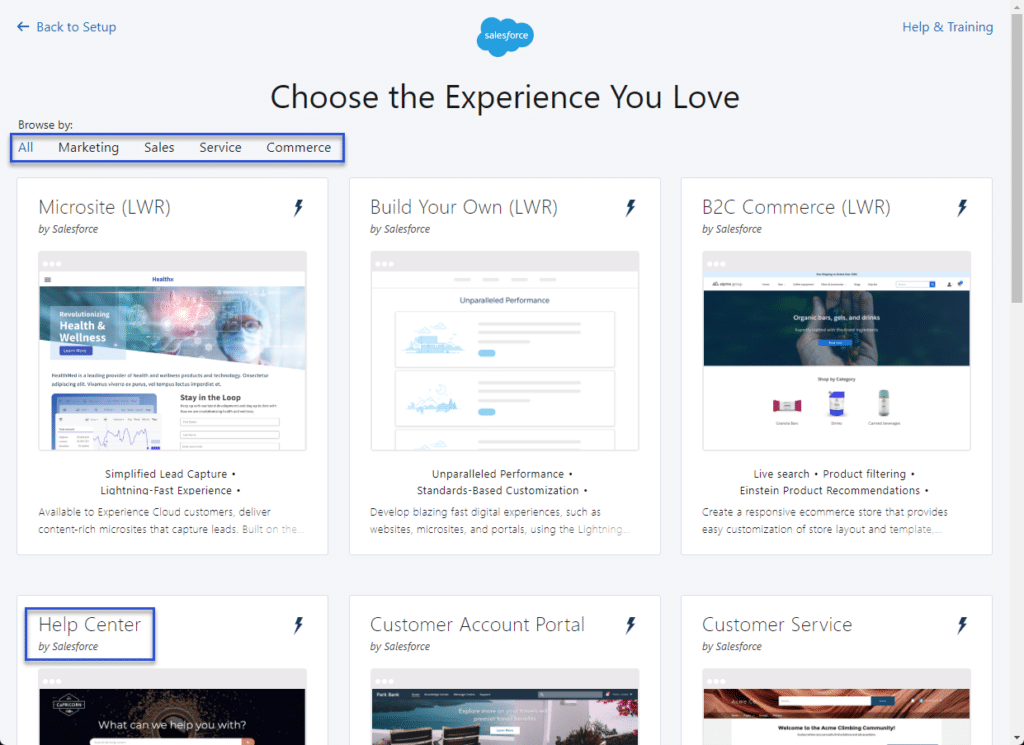
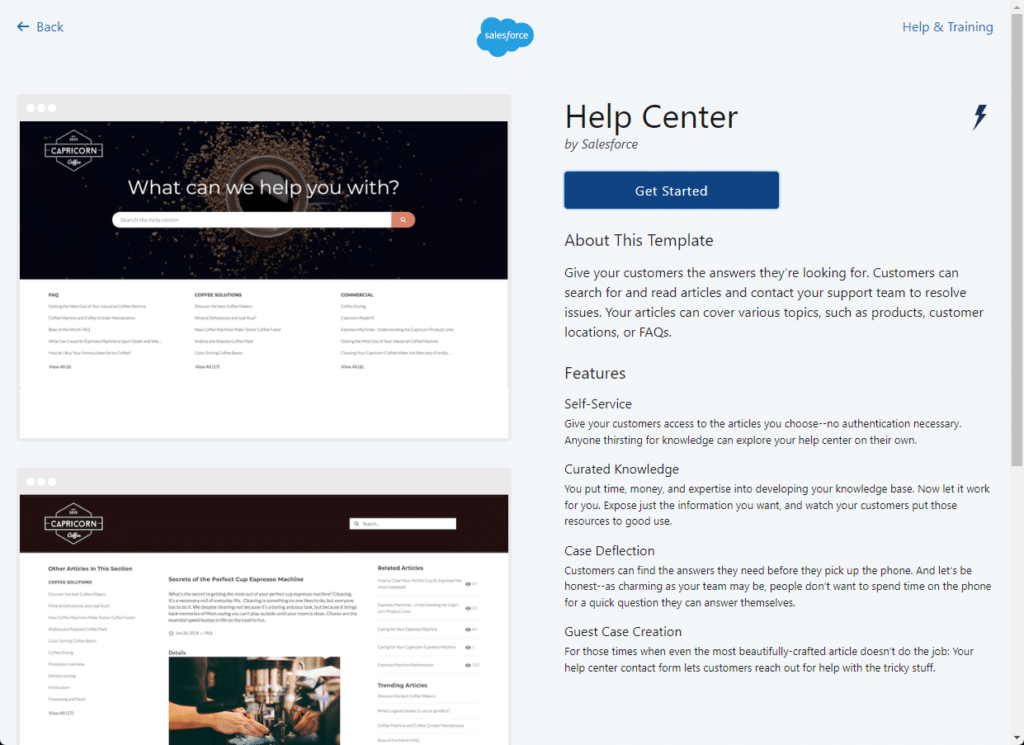
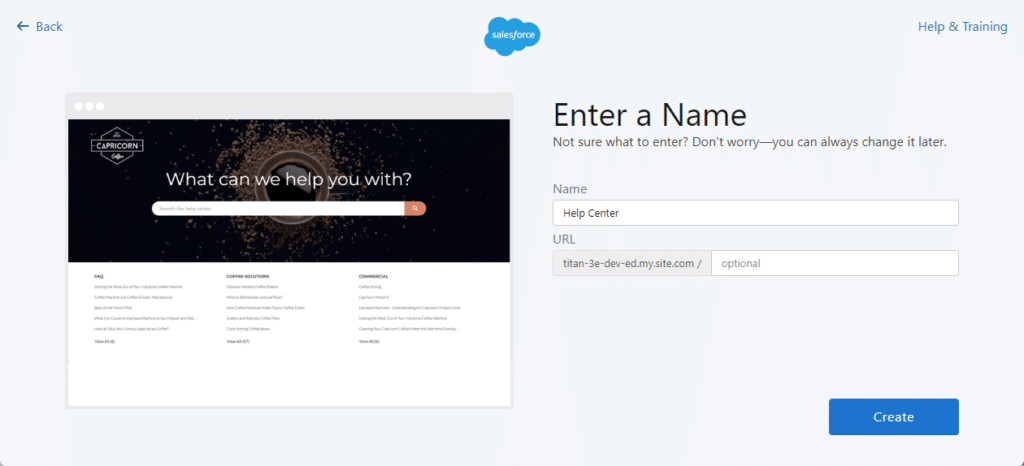
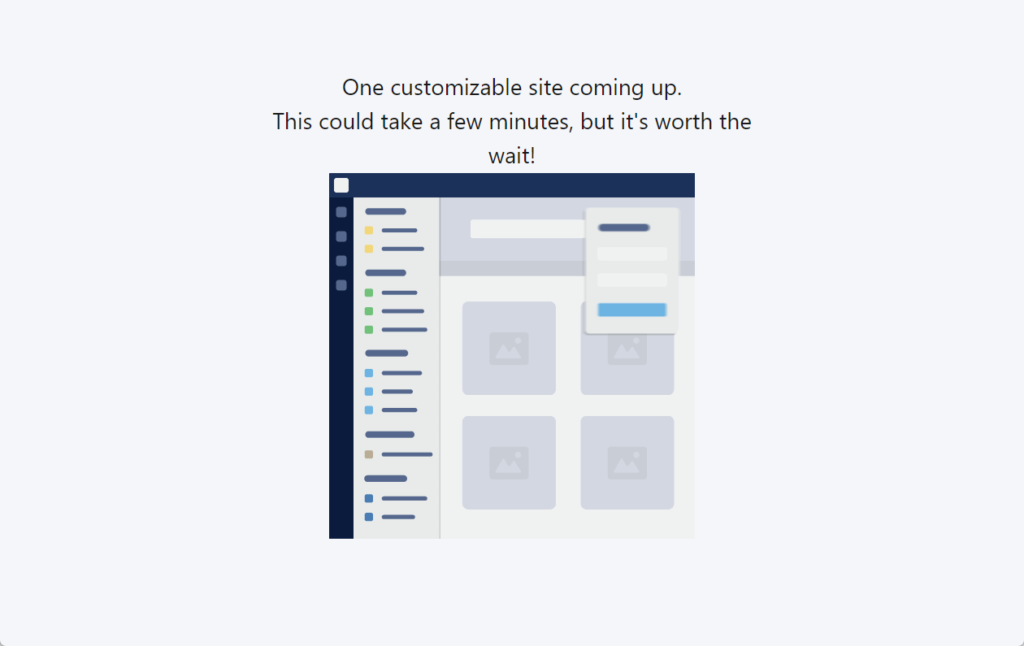
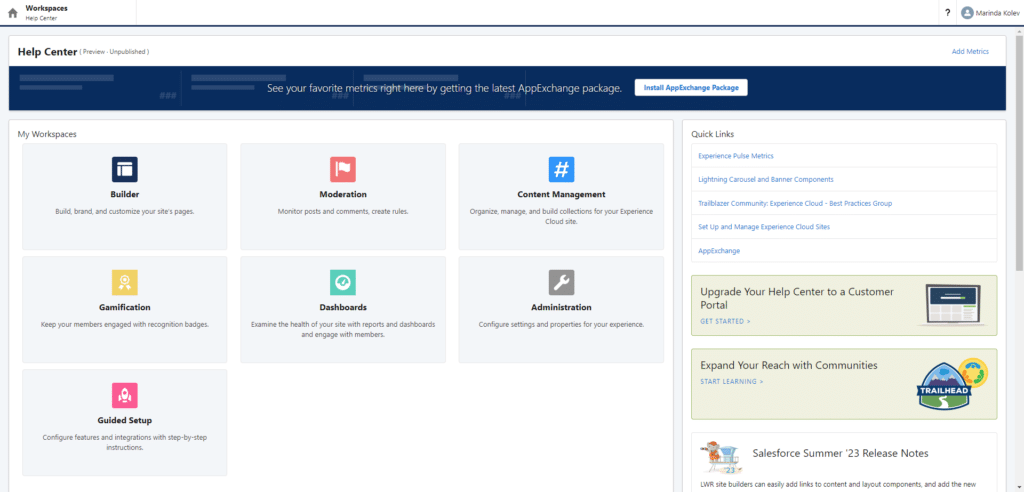
Make sure that you also do the following:
Test the portal.
Once your site is designed and developed, you need to test it to make sure it works properly. Remember to test for high-volume visits and record creations. Get people who were not part of the creation process to try the portal. Fresh eyes can give unique feedback that those who are too closely involved may miss. Get a language specialist to proofread your site. Grammar and spelling errors detract from the value you are trying to add for your customers.
Launch!
Launch your Experience Cloud to your intended audience. Remember that initial training may be necessary. Your portal should have documentation to help users navigate and utilize the portal effectively.
Monitor and optimize the portal.
Your users will give feedback not only on your portal’s usability but also on other documentation that they may need. You will need to continually optimize the site based on feedback and the evolving needs of your business. A portal is not a static entity and will grow according to your business and user expectations.
Make use of a Salesforce partner to implement your portal
Salesforce Experience Cloud is not your only option to implement branded online communities for your customers, partners, employees, and other stakeholders. Titan Web is a Salesforce Gold partner and has been recognized by Salesforce as a leader in the digital experience space.
Titan Web’s user-friendly drag-and-drop platform helps businesses create and manage their digital experiences without the need for coding skills. The platform is natively integrated with Salesforce, providing an easy-to-use option for businesses to connect their digital experiences with customer data. Titan Web is highly scalable, allowing companies to easily add or remove users and features based on their needs. The platform is equipped with advanced security measures, such as data encryption, to protect customer data. Additionally, Titan Web provides 24/7 support, so clients can receive assistance whenever required.
If you are looking for a Salesforce Experience Cloud implementation partner to help you create and manage engaging digital experiences, Titan Web is an excellent option.
We hope to see you soon!

Disclaimer: The comparisons listed in this article are based on information provided by the companies online and online reviews from users. If you found a mistake, please contact us.
